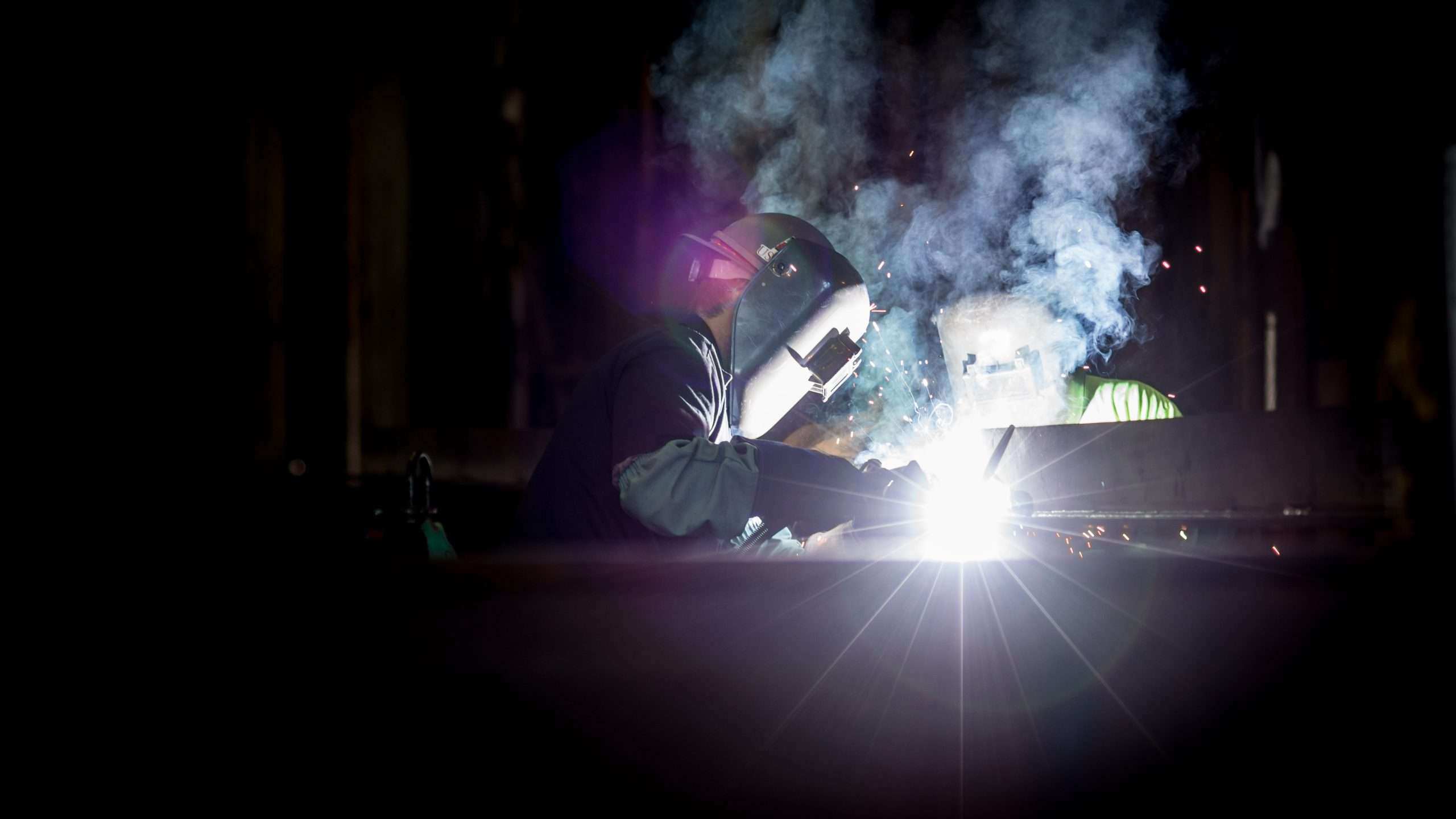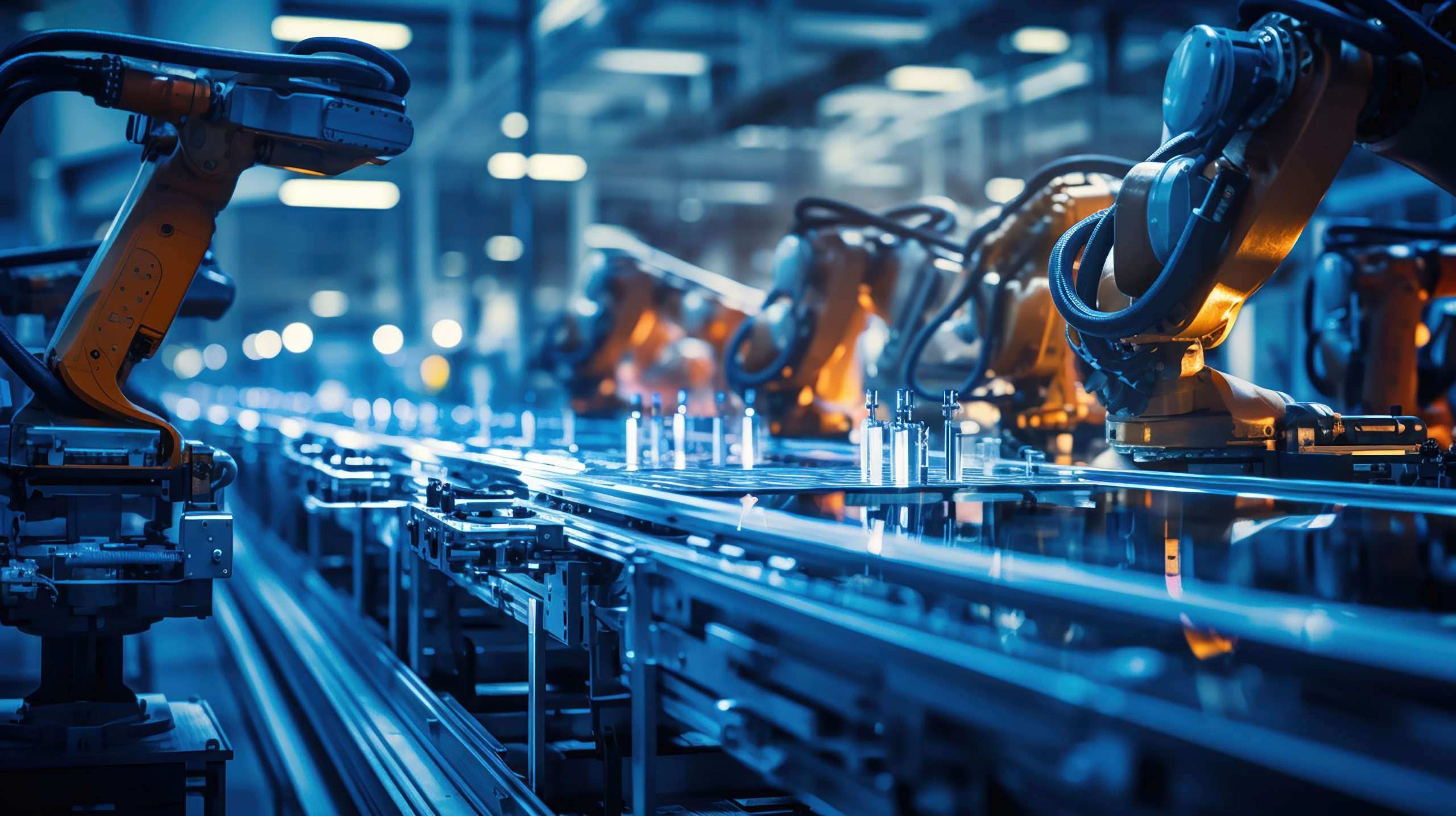
The advent of Industry 4.0 is revolutionizing factories globally, but the journey doesn’t stop here. What lies ahead? How will the advancements in smart and automated manufacturing shape our future industries? At DuckMa, we are dedicated to exploring the latest innovations to understand and lead the future of manufacturing.

The Foundation: Industry 4.0
Industry 4.0 integrates digital technologies with traditional manufacturing, creating “smart factories” that leverage advanced systems such as cyber-physical systems, the Internet of Things (IoT), cloud computing, and cognitive computing. These technologies enable seamless communication between machines, systems, and humans, driving higher efficiency, flexibility, and productivity.
Real-World Examples
- Siemens: Implemented Industry 4.0 solutions in its Amberg Electronics Plant, achieving a 99.99885% product defect-free rate.
- General Electric (GE): Utilizes IoT and predictive analytics to enhance productivity and reduce downtime in their manufacturing processes.
At DuckMa, we lead this change by offering advanced solutions like predictive maintenance, real-time monitoring, and adaptive robotics to help our clients optimize their operations and stay competitive.
Looking Ahead: The Evolution Continues

While Industry 4.0 has already brought significant transformations, the future holds even more exciting advancements. Here are key trends and technologies set to further reshape manufacturing:
Artificial Intelligence (AI) and Machine Learning
AI is advancing rapidly, enabling the analysis of vast datasets to extract valuable insights. Machine learning improves manufacturing processes over time, enhancing efficiency and productivity. According to McKinsey, AI could contribute up to $2.6 trillion in value by 2025 through applications in marketing and sales, supply-chain management, and manufacturing.
Robotics and Automation
Robots are evolving from performing repetitive tasks to taking on more complex roles and collaborating closely with humans. Collaborative robots (cobots) and autonomous mobile robots (AMRs) are transforming production lines and logistics. For instance, Amazon employs over 200,000 mobile robots in its warehouses to streamline operations.
Additive Manufacturing
3D printing is revolutionizing manufacturing with greater design freedom, rapid prototyping, and on-demand production. As the technology improves, its adoption will increase, leading to more decentralized and customized manufacturing. According to Statista, the global 3D printing market is expected to grow to $62.79 billion by 2028.
Digital Twins
Digital twins, virtual replicas of physical assets, processes, or systems, use real-time data and simulation models to provide valuable insights, predict maintenance issues, and optimize operations before implementing real-world changes. IBM uses digital twins to optimize asset performance and maintenance, enhancing efficiency and reducing costs.
Sustainable Manufacturing
Environmental concerns are driving manufacturers to reduce their ecological impact. Adopting renewable energy, minimizing waste, and implementing recycling practices are becoming crucial. A survey by Deloitte found that 70% of manufacturing executives consider sustainability a key priority for future growth.

DuckMa: Shaping the Future of Manufacturing
As these trends and technologies emerge, DuckMa remains committed to guiding manufacturers through Industry 4.0 and beyond. Our innovative solutions and deep expertise help clients navigate and thrive in the digital age, unlocking new opportunities for growth and innovation.
From predictive analytics to collaborative robotics, we are crafting a future where manufacturing is efficient, productive, sustainable, and resilient.

A Bold Vision for Tomorrow
Manufacturing has always been about relentless innovation and adaptation. From the early days of mechanization to the digital revolution, technology has driven efficiency and progress. Now, as we venture into Industry 4.0 and beyond, we face unprecedented opportunities.
At DuckMa, we envision a future where manufacturing transcends traditional assembly lines. It’s a future where technology, data, and human creativity merge seamlessly. Machines and humans will collaborate effortlessly, optimizing every process and embedding sustainability as a core principle.
As we look forward, we are excited and prepared for the challenges and opportunities ahead. Join us on this journey into the future, where endless possibilities and immense potential await. Together, let’s create a world where automated and intelligent manufacturing transforms industries, empowers communities, and enriches lives.


